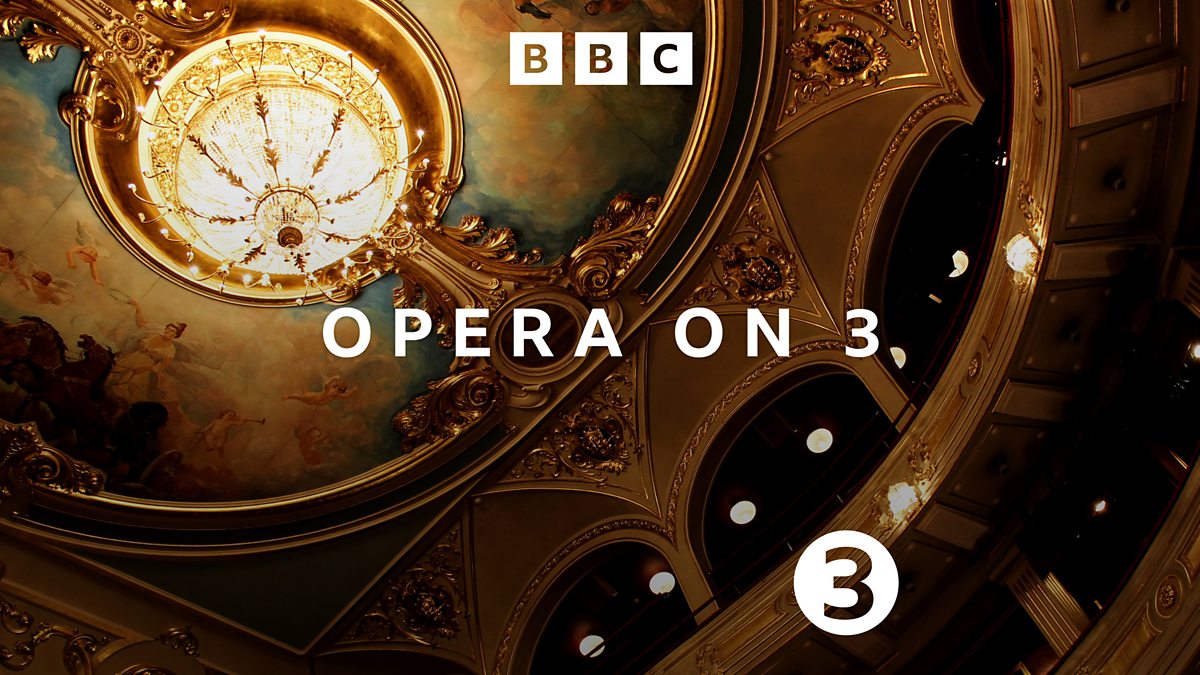The Rape of Lucretia has transferred from Snape Maltings to the Linbury Theatre. It is the first production that I’ve seen by Oliver Mears, the Director of Opera at the ROH. It’s very content makes it a brave work to stage, but its difficult subject confronts issues that will always, sadly, be current. As a work of drama it is hobbled by Ronald Duncan’s libretto, which is overwrought and strives for a high literary quality which fails to serve adequately the subject. In addition it is saddled with an odd Christian gloss from the Chorus who narrate the tale, which is anachronistic and of little merit. To Mears’ credit, he partially solves that problem by casting doubt on its message. Musically it is in another league altogether. Britten’s chamber sized orchestration is exquisite, presaging that of The Turn of the Screw - one can also hear pre-echos of the Nocturne, and for the larger ensemble he wrote for the Midsummer Night’s Dream.
Mears does a good job in making dramatic sense of the clunky scenario by updating it to the present and portraying the Chorus as members of an evangelical Christian sect who present the tale as a dubious case study of virtue and fidelity. The three males are combat troops who we first see entering a domestic apartment with a woman they have abducted, whom they humiliate, brutalise and violate. It’s very uncomfortable to watch. This incident serves to show Collatinus’ (Anthony Reed) forgiveness of Lucretia as an entirely hollow and sanctimonious act. Tarquinius (Jolyon Loy), is suffering from PTSD from his combat experiences, but is nevertheless toxic, arrogant masculinity personified. Junius (Kieran Rayner) is a weadler who uses Lucretia’s suicide for his own political purposes, in a shamefully disgraceful way. There is nothing noble or redeeming in any of these character’s actions. By comparison Lucretia is a paragon of domestic virtue who we first see in the spinning song being interviewed for some Hello life-style feature. Anne Marie Stanley’s rich contralto contrasts with her servants - Britten writes skilfully for all the voice-types in this opera.
The cast are drawn from the Jette Parker or Britten Pears schemes for younger performers. They are exemplary, both for their singing and acting - these must be very difficult and uncomfortable roles for the performers to portray. The Aurora Orchestra was in the pit, conducted by Corinna Niemeyer. Britten’s remarkable orchestration was revealed in all its subtlety and power. The writing for the harp can be beautifully lyrical, only to turn to a deeply unsettling, brain-turning-worm that ramps up the tension.
It’s the first time I’ve been to the Linbury since its refurbishment. It’s now a very beautiful small theatre with good sight lines, and the wooden interior creates a warm clear acoustic.
So this is definitely not a feel-good show, but an important piece of theatre that makes a strong case for what is a flawed work. This adds to the high quality productions of Britten’s operas that the ROH has produced in the last few years.
Mears does a good job in making dramatic sense of the clunky scenario by updating it to the present and portraying the Chorus as members of an evangelical Christian sect who present the tale as a dubious case study of virtue and fidelity. The three males are combat troops who we first see entering a domestic apartment with a woman they have abducted, whom they humiliate, brutalise and violate. It’s very uncomfortable to watch. This incident serves to show Collatinus’ (Anthony Reed) forgiveness of Lucretia as an entirely hollow and sanctimonious act. Tarquinius (Jolyon Loy), is suffering from PTSD from his combat experiences, but is nevertheless toxic, arrogant masculinity personified. Junius (Kieran Rayner) is a weadler who uses Lucretia’s suicide for his own political purposes, in a shamefully disgraceful way. There is nothing noble or redeeming in any of these character’s actions. By comparison Lucretia is a paragon of domestic virtue who we first see in the spinning song being interviewed for some Hello life-style feature. Anne Marie Stanley’s rich contralto contrasts with her servants - Britten writes skilfully for all the voice-types in this opera.
The cast are drawn from the Jette Parker or Britten Pears schemes for younger performers. They are exemplary, both for their singing and acting - these must be very difficult and uncomfortable roles for the performers to portray. The Aurora Orchestra was in the pit, conducted by Corinna Niemeyer. Britten’s remarkable orchestration was revealed in all its subtlety and power. The writing for the harp can be beautifully lyrical, only to turn to a deeply unsettling, brain-turning-worm that ramps up the tension.
It’s the first time I’ve been to the Linbury since its refurbishment. It’s now a very beautiful small theatre with good sight lines, and the wooden interior creates a warm clear acoustic.
So this is definitely not a feel-good show, but an important piece of theatre that makes a strong case for what is a flawed work. This adds to the high quality productions of Britten’s operas that the ROH has produced in the last few years.

Comment